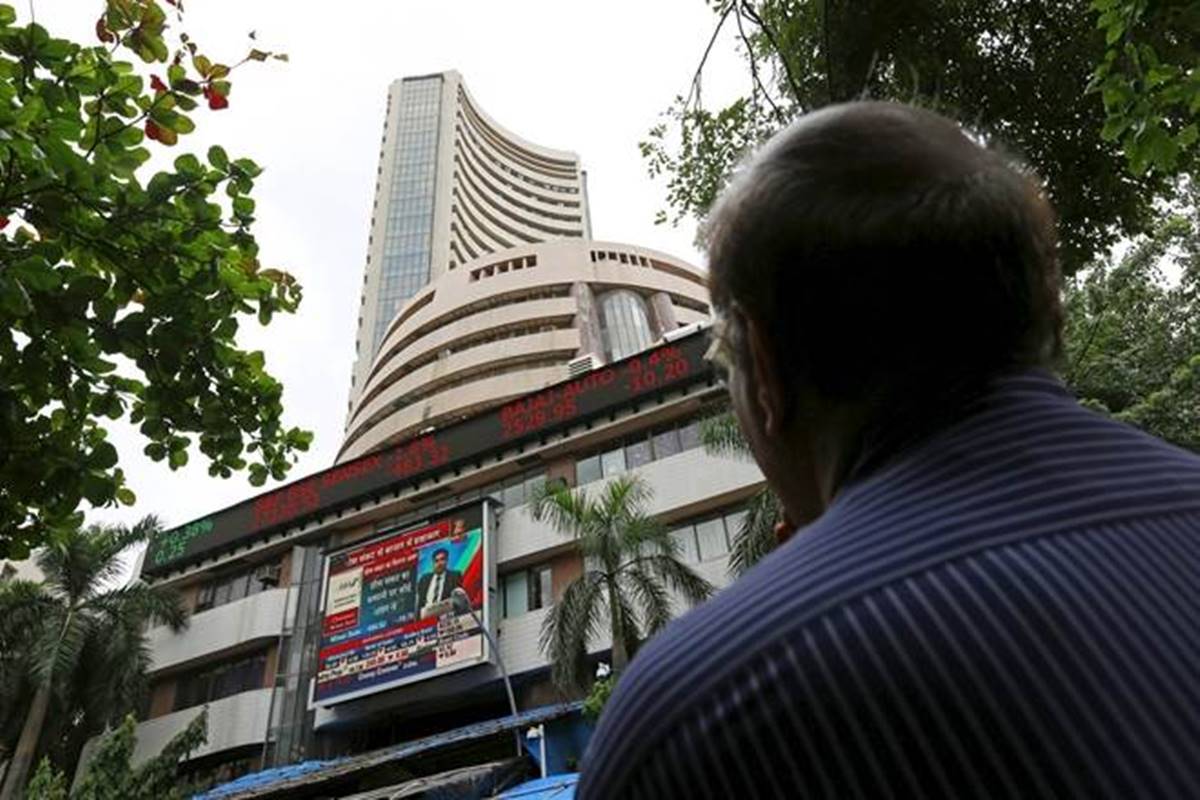There were many prominent stock exchanges in India such as Delhi stock exchange (DSE), Calcutta stock exchange (CSE), and many more which were replaced by Bombay stock exchange (BSE) and National stock exchange (NSE) due to competition and a decline in trading volumes.
The National Stock Exchange of India (NSE) and Bombay Stock Exchange (BSE) are the mainstays of Indian equity markets; but over the years, several other exchanges have played their part in serving investors and traders. These exchanges, including the prominent regional ones such as The Delhi Stock Exchange (DSE) and Calcutta Stock Exchange (CSE) once played vital roles in their respective regions. However, due to various challenges and changing dynamics in the financial industry, these exchanges were discontinued.
Delhi Stock Exchange (DSE): The Delhi Stock Exchange was established in 1947, serving as a crucial platform for trading securities and providing liquidity to market participants in the Delhi region. It facilitated the trading of stocks, bonds, and other financial instruments. Securities and Exchange Board of India (SEBI) introduced reforms and stricter regulations to enhance transparency, investor protection, and market integrity. Compliance with these regulations posed significant challenges for smaller regional exchanges like DSE, making it difficult to sustain their operations. The emergence of national-level exchanges, such as the Bombay Stock Exchange (BSE) and the National Stock Exchange (NSE), attracted market participants, including brokers, investors, and companies, away from regional exchanges like DSE, leading to a decline in trading volumes and overall market activity. This resulted in the discontinuation of the DSE in January 2017.
Calcutta Stock Exchange (CSE): The Calcutta Stock Exchange, established in 1908, was one of the oldest stock exchanges in India. It served as a significant financial hub in the eastern region, facilitating the trading of stocks, bonds, and other financial instruments. Similar to the Delhi Stock Exchange, the Calcutta Stock Exchange faced regulatory challenges imposed by SEBI. Compliance with these regulations, such as stringent reporting requirements, increased operational costs, and stricter governance norms, became difficult for regional exchanges like CSE. Over time, the Calcutta Stock Exchange experienced a decline in trading volumes. These factors made it challenging for CSE to maintain its operational viability, therefore CSE was directed by SEBI to suspend its trading operations in April, 2013.
Ahmedabad Stock Exchange (ASE): Founded in 1894, the Ahmedabad Stock Exchange served as a regional exchange in Gujarat. In 2014, ASE voluntarily exited the stock exchange business and transformed into a depository participant due to declining trading volumes and regulatory challenges.
Madras Stock Exchange (MSE): The Madras Stock Exchange, founded in 1937, operated as a regional exchange in South India. It facilitated the trading of equities, bonds, and other securities. However, with the advent of electronic trading and the emergence of national-level exchanges, MSE became defunct in 2015.
Cochin Stock Exchange (CSE): The Cochin Stock Exchange, established in 1978, catered to the trading needs of Kerala’s capital city, Kochi. However, due to low trading volumes and other operational challenges, CSE was derecognized by the Securities and Exchange Board of India (SEBI) in 2014.
Hyderabad Stock Exchange (HSE): The Hyderabad Stock Exchange, founded in 1941, operated as a regional exchange in Telangana and Andhra Pradesh. Despite its historical significance, HSE discontinued its trading operations in 2013 due to low liquidity and shifted to a corporate structure.
Eqwires Research Analyst
Top-notch SEBI registered research analyst
Best SEBI registered Intraday tips provider
Call: +91 9624421555 / +91 9624461555





